Hanson is founder and CTO of Ambiq Micro, a startup semiconductor company that works to advance ultra-low power electronics for next generation Internet of Things.
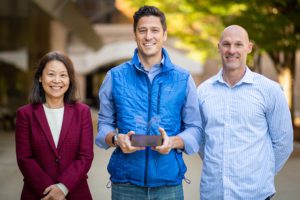

Hanson is founder and CTO of Ambiq Micro, a startup semiconductor company that works to advance ultra-low power electronics for next generation Internet of Things.
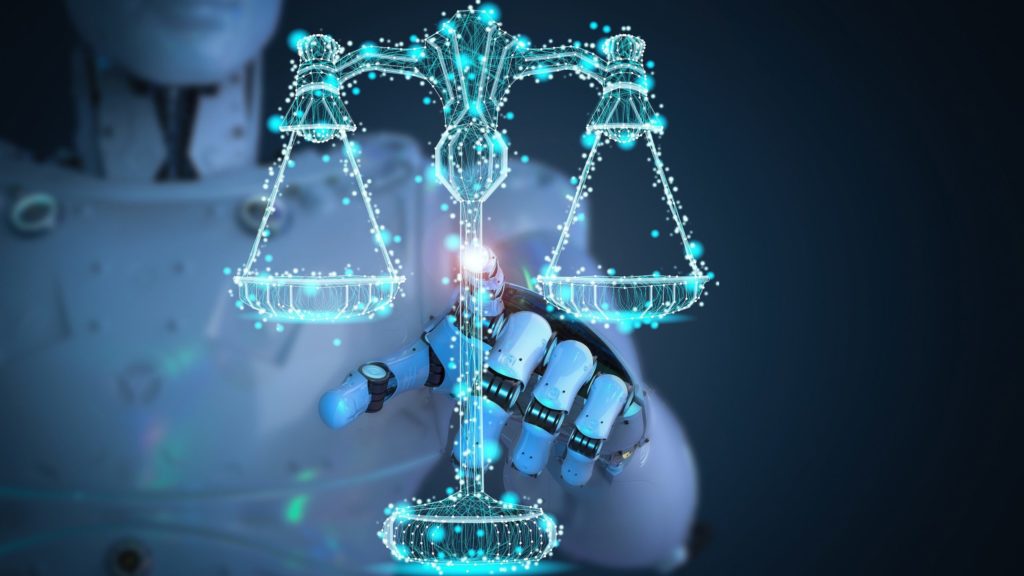
Prof. Mingyan Liu is a key member of a project to mitigate bias in Artificial Intelligence and Machine Learning systems for long-term equitable outcomes.
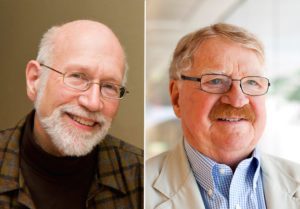
The workshop, co-organized by a team including two EECS faculty, focused on ensuring the safety of Level 3 autonomous vehicles, where humans must be ready to take over control.
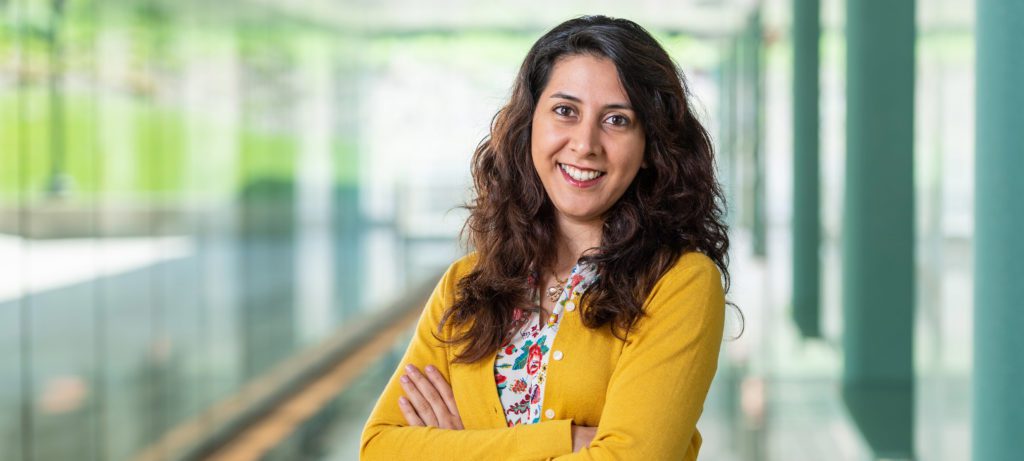
The research could improve efficiency in systems such as electric vehicles, grid systems, mass transit, and industrial automation
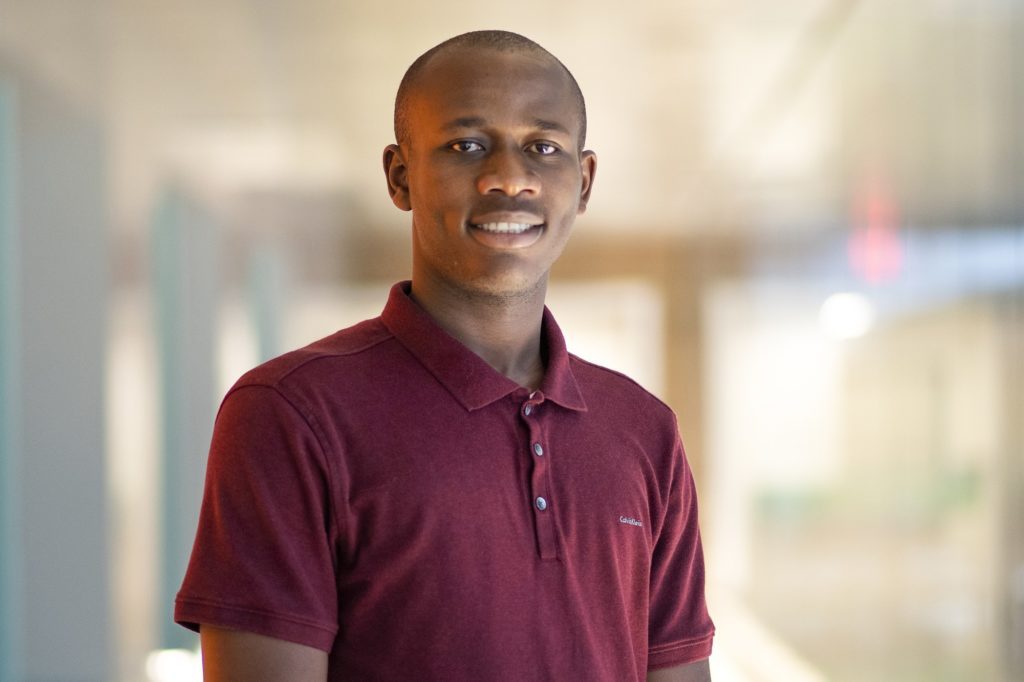
Komma, a PhD student, is working to develop robust low powered localization technology for Artificial Intelligence enabled Internet of Things in locations where GPS is limited or blocked.
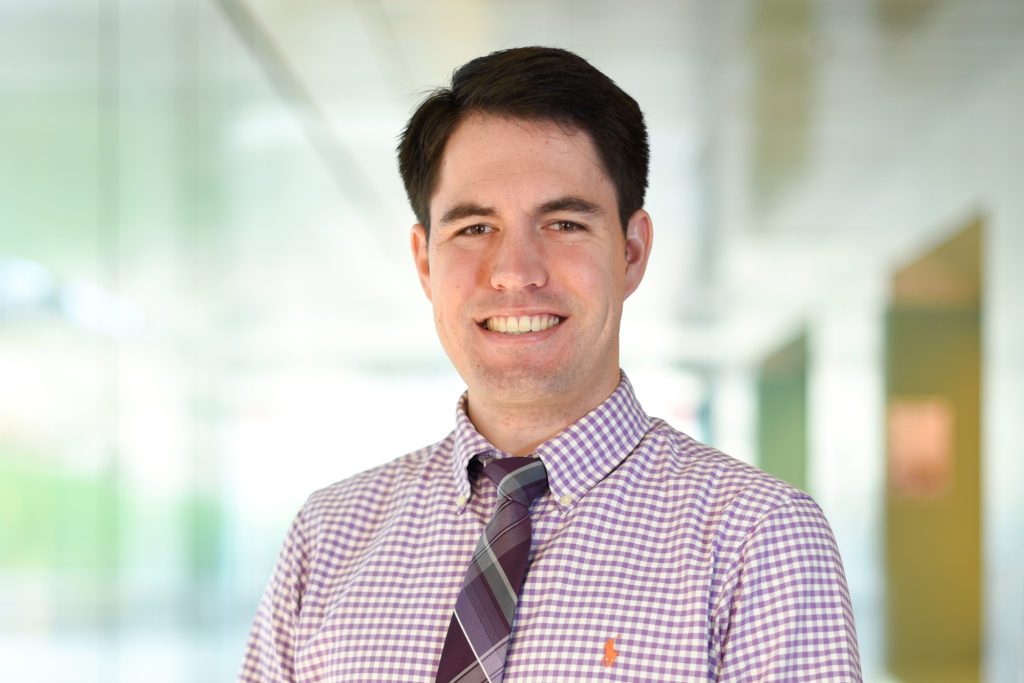
Roberts works to improve remote sensing of soil moisture, which is important for environmental conservation, natural resource management, and agriculture.
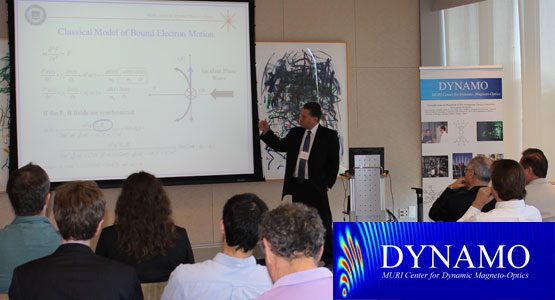
Research led by Prof. Stephen Rand, Director of the Center for Dynamic Magneto-optics (DYNAMO), has important potential for energy conversion, ultrafast switching, nanophotonics, and nonlinear optics.
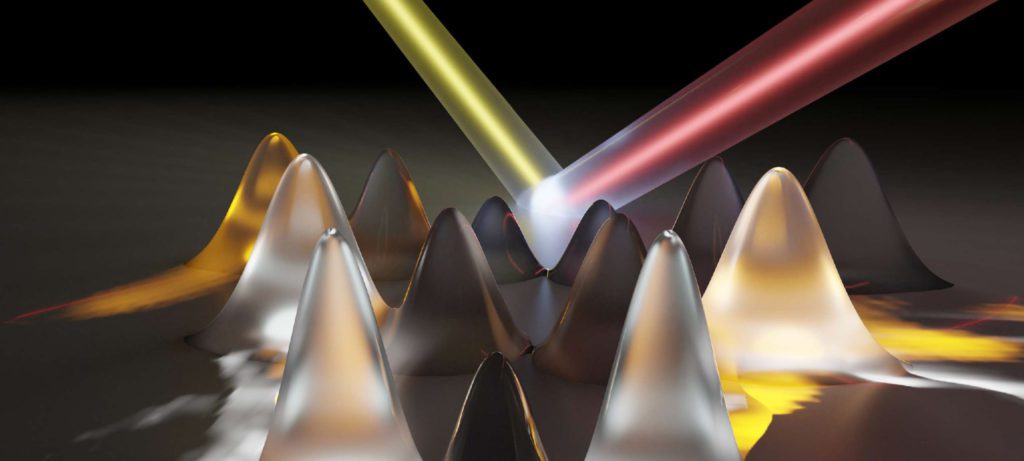
Rather than installing new “2D” semiconductors in devices to see what they can do, this new method puts them through their paces with lasers and light detectors.
Johanna Mathieu is one of four principal investigators on a project to improve home energy efficiency and to lower monthly utility bills.
The post U-M, community partners tackle energy insecurity in three Detroit neighborhoods appeared first on Michigan Engineering News.

In S1E1, Prof. Zetian Mi talks unlocking quantum properties to close the loop on carbon emissions.